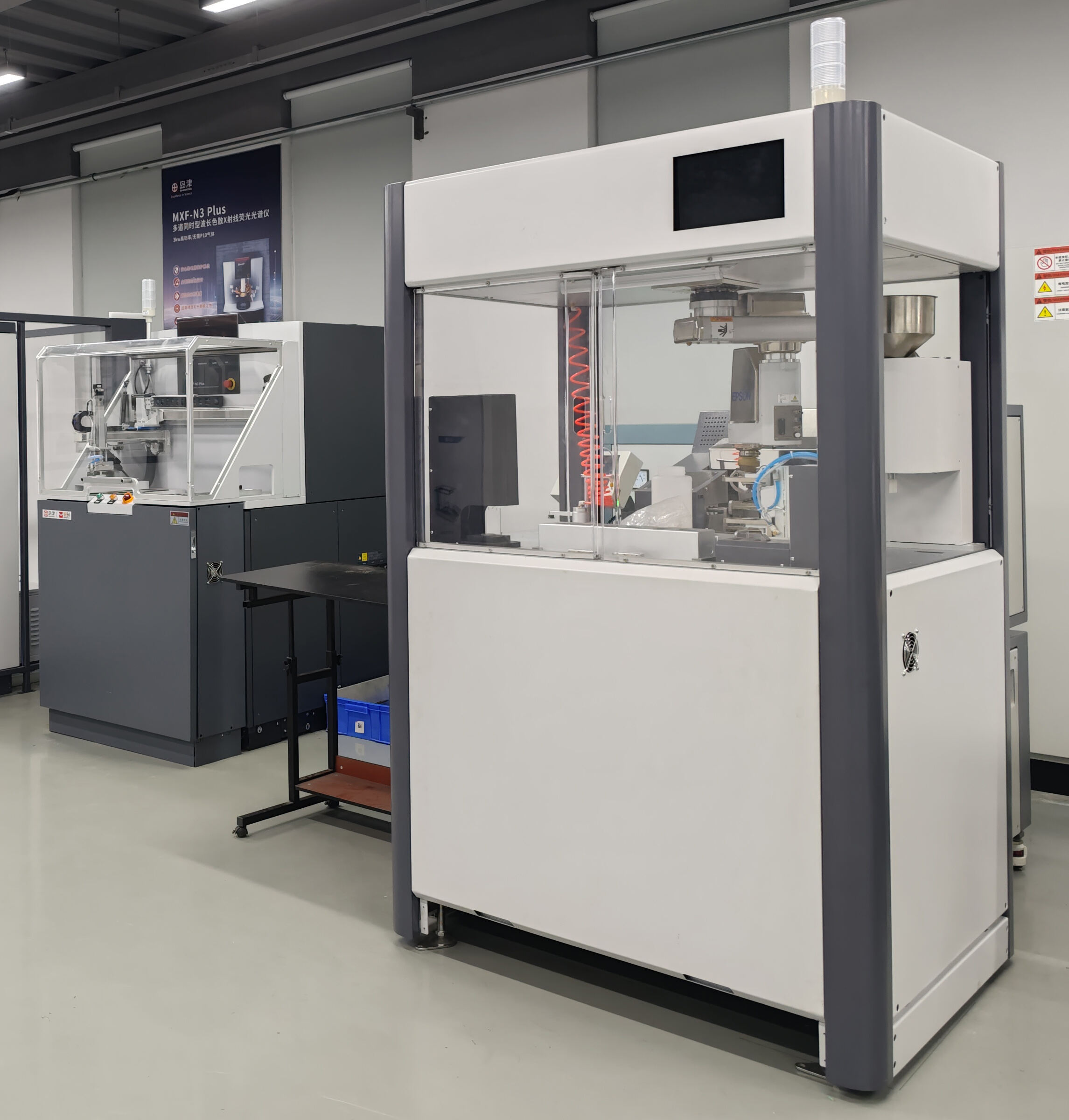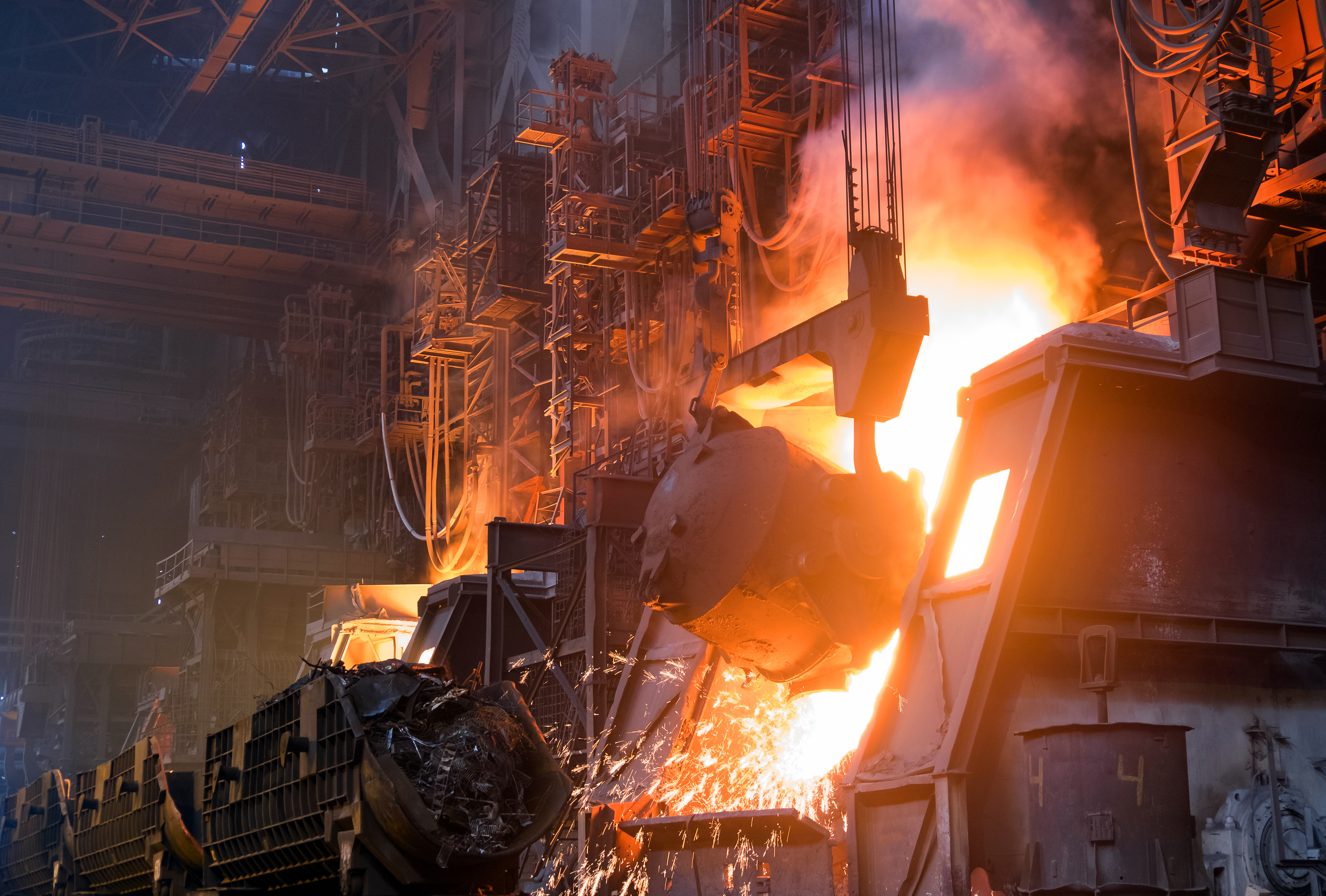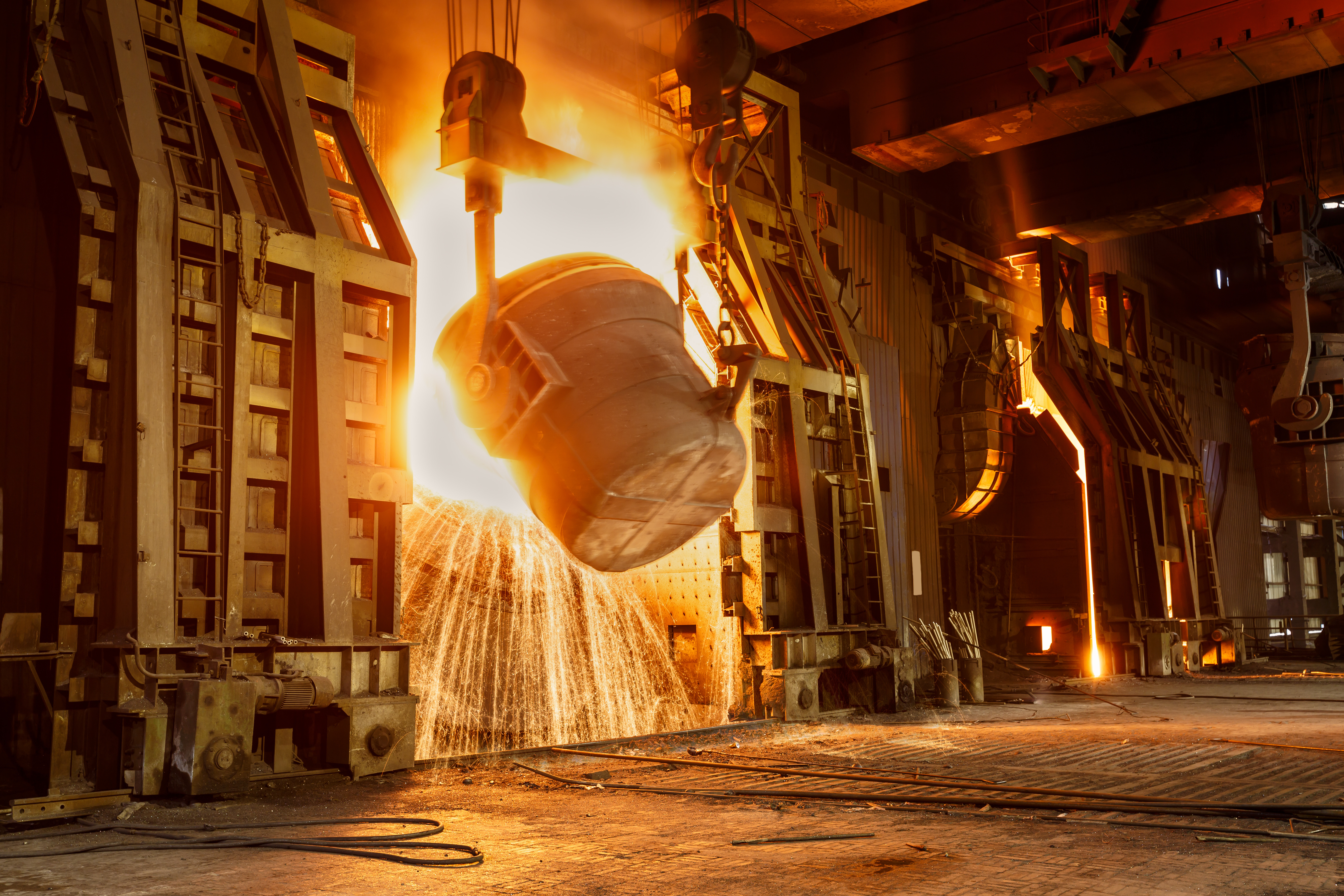재료 과학 및 야금학
소재 과학 및 금속공학은 과학적 이해와 실제 공학적 응용 사이의 간극을 메우는 기초 학문 분야이다. 이 분야는 다양한 산업적 요구에 대한 해결책을 마련하기 위해 특히 금속과 그 합금을 포함한 소재의 연구, 개발 및 가공을 다룬다. 본질적으로 소재 과학 및 금속공학은 소재의 구조, 성질, 가공 방법, 그리고 성능 간의 관계를 분석하는 것을 포함한다. 이 분야의 과학자들과 엔지니어들은 극한의 온도, 압력, 화학적 환경 등 다양한 조건에서 서로 다른 소재들이 어떻게 반응하는지를 이해하려 한다. 이 학문은 현미경 검사, 분광분석, 기계적 시험 등의 고도화된 분석 기술을 활용하여 소재를 특성화하고 그 거동을 예측한다. 최신 소재 과학 및 금속공학은 나노소재, 스마트 소재, 지속 가능한 제조 공정과 같은 첨단 기술을 포함하도록 발전해 왔다. 이 분야는 항공우주 및 자동차 산업부터 전자기기 및 의료기기까지 다양한 산업에서 중요한 역할을 하며 제품의 성능 향상, 내구성 증가 및 효율성 개선을 위한 해결책을 제공한다.


